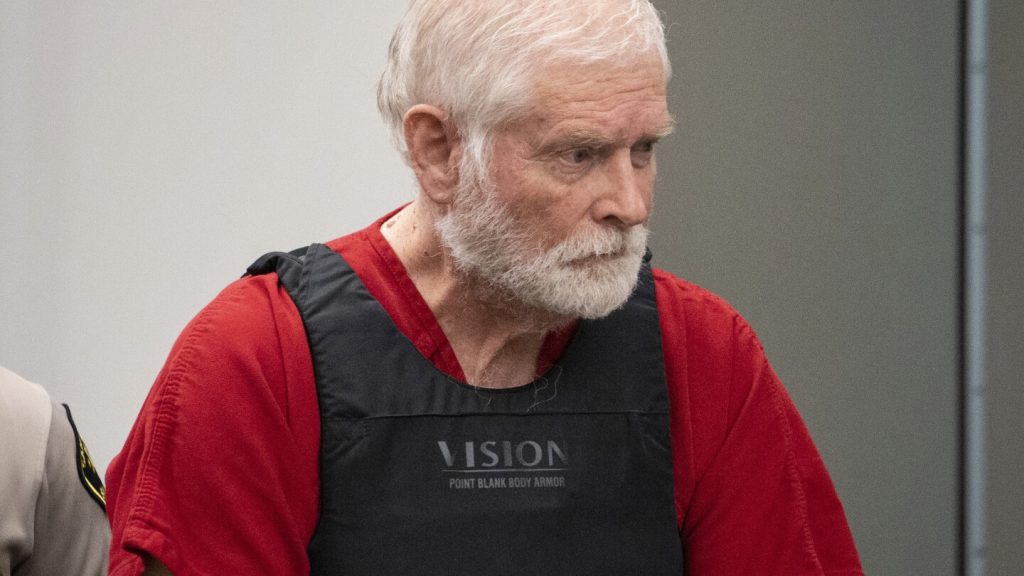In an ongoing trial in Arizona, 75-year-old rancher George Alan Kelly is facing charges for fatally shooting a migrant on his property near the border with Mexico. The trial has entered its second half, with jurors set to visit the ranch to gain a better understanding of the events that unfolded on the day of the shooting. While Judge Thomas Fink has granted permission for the visit, he has denied a request for media personnel to accompany jurors, citing restrictions on questioning jurors and capturing images of them. These visits are relatively uncommon in legal proceedings.
The trial has featured testimony from Kelly’s wife, Wanda, who recounted seeing two armed men with rifles and backpacks pass by their house on the ranch on the day of the shooting. A Honduran man from a group of migrants present on the ranch that day also testified about witnessing the victim, Gabriel Cuen-Buitimea, fall to the ground after being struck. The bullet that resulted in Cuen-Buitimea’s death was never recovered. Kelly was arrested last year and charged in relation to the fatal shooting, which occurred on January 30, 2023, involving an AK-47 rifle and a handgun.
Prosecutors have alleged that Kelly recklessly fired at the migrants from a distance of about 100 yards on his nearly 170-acre cattle ranch, resulting in the death of Cuen-Buitimea, who resided in Nogales, Mexico. Kelly and his defense team have disputed this narrative, maintaining that there was no negligence in his actions that led to the fatal shooting. The trial proceedings have been taking place four days a week since March 22 and are expected to conclude on April 19. The case has gained attention against the backdrop of border security concerns, especially in the context of the upcoming presidential contest.
Border security has emerged as a significant issue in the current political landscape, with both Republican and Democratic figures making visits to the Texas-Mexico border to address related challenges and policies. The trial of George Alan Kelly highlights the complexity of border-related incidents and the legal ramifications that ensue from such encounters. The decision to allow jurors to visit the ranch near the border reflects an effort to provide them with firsthand exposure to the site of the shooting, aiming to facilitate a fair and informed determination of the allegations in the case. The outcome of the trial will likely have implications for broader discussions on border security and individual rights in similar contexts.


